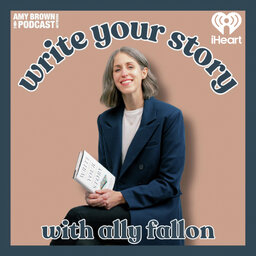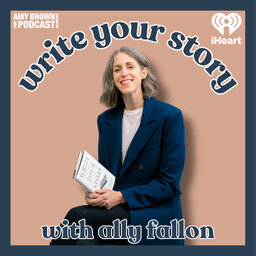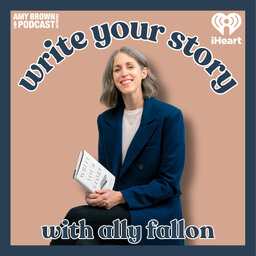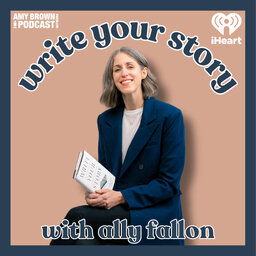The Difference Between a Celebrity Memoir and Yours (a casual review of Britney Spears’ new memoir)
While everyone deserves to tell their own story in their own words, the experience might be slightly different if you’re a celebrity than if you’re not someone who is regularly on the cover of tabloids. In this episode, I’ll share why that is; and exactly what you need to do to make your story interesting. I’ll also speak candidly about what I loved (and didn’t love) about Britney Spears’ new memoir.
 Write Your Story with Ally Fallon
Write Your Story with Ally Fallon


